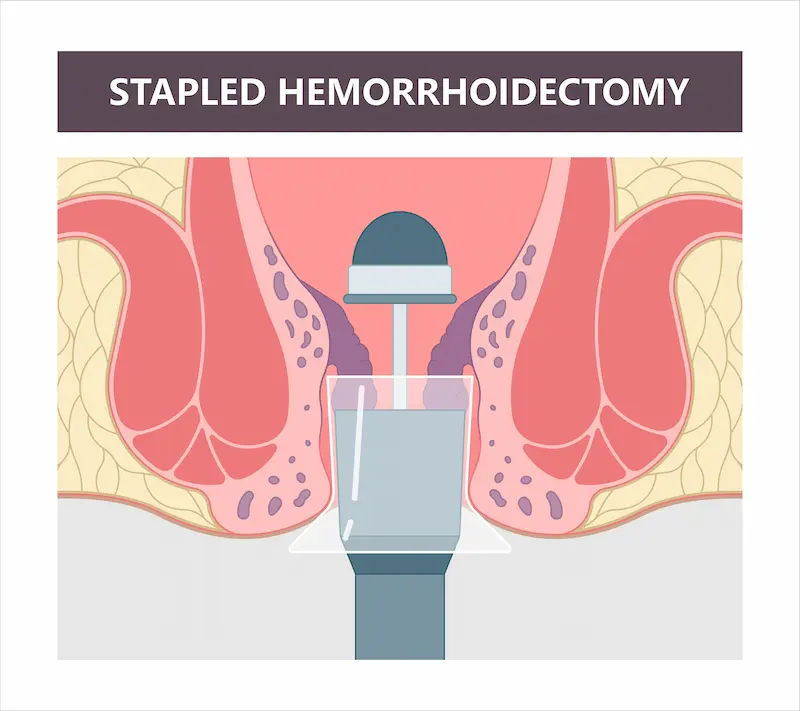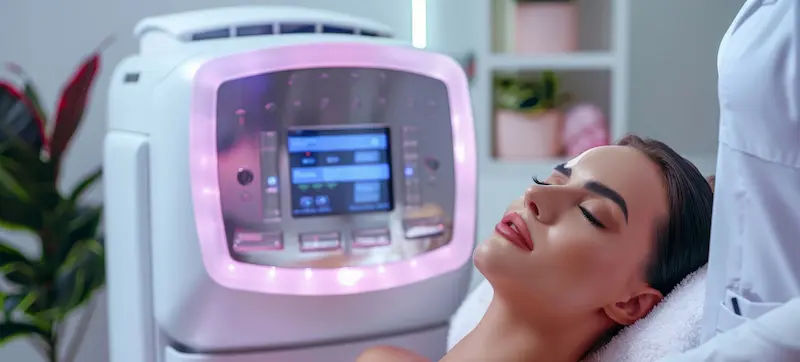- female
- 30 Years
- 14/08/2025
I've been dealing with a fissure and it's really painful, especially during bowel movements the pain lingers all day. I'd prefer to see a female doctor for a checkup and want to know if surgery might be needed. Can you help me understand my options?
Answered by 1 Apollo Doctors
Complaint since when?? Have u examined by any surgeon?? Acute or chronic fissures?? R u doing sitz bath?? What gel / oint u r using?? Next Steps Get clinical examination by surgeon Health Tips Do Sitz bath also
Dr. Kamran Suggests...
Consult a Colorectal Surgeon
Answered 14/08/2025
0
0

More Colorectal Surgery Health Queries
View allI've noticed this small hard lump near my anus. It doesn't really hurt unless I press on it, then it hurts a bit. Should I be concerned about this? What could it be?
Hemorrhoids
read more![Doctor 1]()
![Doctor 2]()
Answered by 1 Apollo Doctors
I've had an outgrowth near my anus for the past 3 years that causes itching. I also have constant gas and acidity issues my stomach always feels full of gas. The gas puts pressure on my heart, and I have to strain during bowel movements. I had a VSD heart surgery back in 1999. Is surgery an option for the anal outgrowth since I'm not on any medications right now?
surgery opinion is advised to the patient.
read more![Doctor 1]()
![Doctor 2]()
Answered by 1 Apollo Doctors
I'm dealing with a fistula issue that's been bothering me for the past year, and it's been draining pus continuously. I really need to find a good doctor who specializes in fistulas. Can you help me figure out what kind of treatment options might be available or suggest any tips for finding the right specialist? I'm pretty worried about this situation and would appreciate any advice you have.
Probably rectal abscess..can consult your nearest surgeon he will decide if you need surgery..
read more![Doctor 1]()
![Doctor 2]()
Answered by 1 Apollo Doctors
Disclaimer: Answers on Apollo 247 are not intended to replace your doctor advice. Always seek help of a professional doctor in case of an medical emergency or ailment.

.webp)



